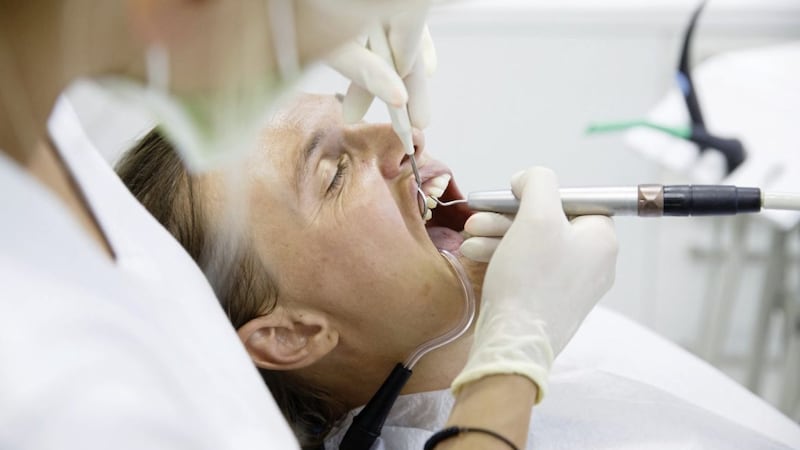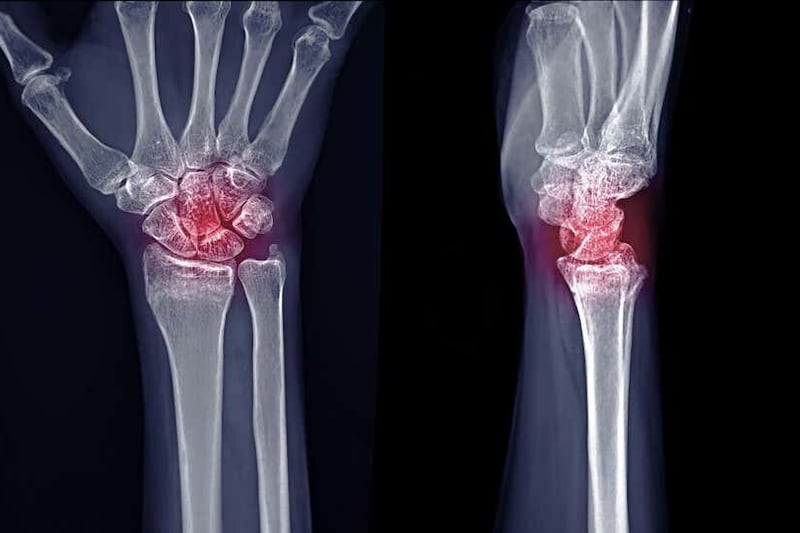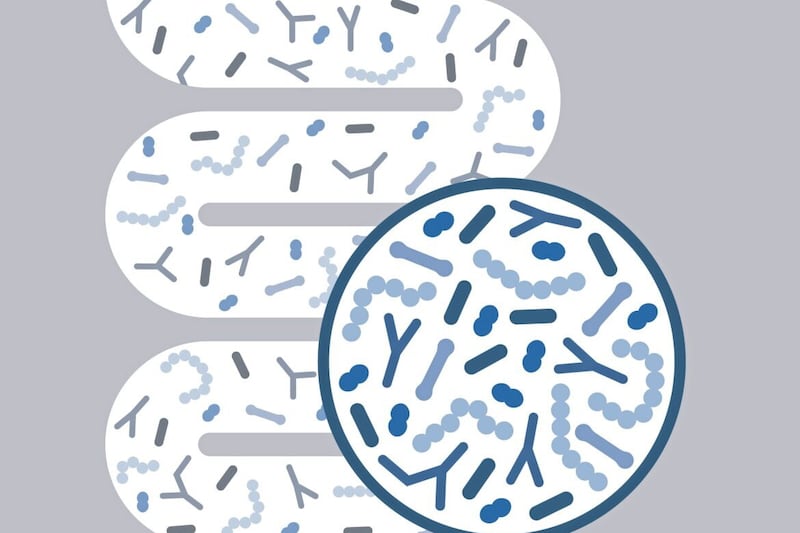RESEARCHERS have just discovered that a type of bacteria that causes inflammatory gum infections also triggers the inflammatory response characteristic of rheumatoid arthritis (RA), according to the Johns Hopkins University School of Medicine. These findings could have important implications for the prevention and treatment of RA.
RA is the second most common form of arthritis in the UK. It causes joints to become inflamed, leading to pain and swelling, stiffness and fatigue. The inflammation in the joint is similar to what happens if you’ve experienced an infected cut or wound – it goes red, swells, produces extra fluid and hurts.
The bacterium that the scientists focused on is called A actinomycetemcomitans. An infection with this bacterium appears to stimulate the production of citrullinated proteins, which are suspected of driving the cascade of events leading to RA and they also cause gum disease.
“This is like putting together the last few pieces of a complicated jigsaw puzzle that has been worked on for many years,” said Felipe Andrade, senior study investigator, associate professor of medicine at the school, and practitioner at Johns Hopkins Bayview Medical Center.
“This research may be the closest we’ve come to uncovering the root cause of RA,” said first author Maximilian Konig MD.
The link between gum disease and RA has been studied since the early 1900s. Scientists have found that the process called hypercitrullination was happening in RA joints and in the gums of patients with gum disease.
Citrullination happens naturally in everyone as a way to regulate the function of proteins; however, it becomes overactive in people with RA, resulting in the abnormal accumulation of proteins. Andrade said: “This drives the production of antibodies against these proteins that create inflammation and attack a person’s own tissues, which is the hallmark of RA.”
The researchers found that A actinomycetemcomitans bacteria was the only bacteria able to induce hypercitrullination. However, Andrade cautioned that more than half of the study participants who had RA had no evidence of infection with A actinomycetemcomitans.
He added: “This may indicate that other bacteria in the gut, lung, or elsewhere could be using a similar mechanism to induce hypercitrullination. If we know more about the evolution of both combined, perhaps we could prevent rather than just intervene.”
If you suffer from rheumatoid arthritis then a trip to the dentist to make sure that your gums are healthy would now seem like a wise idea.







